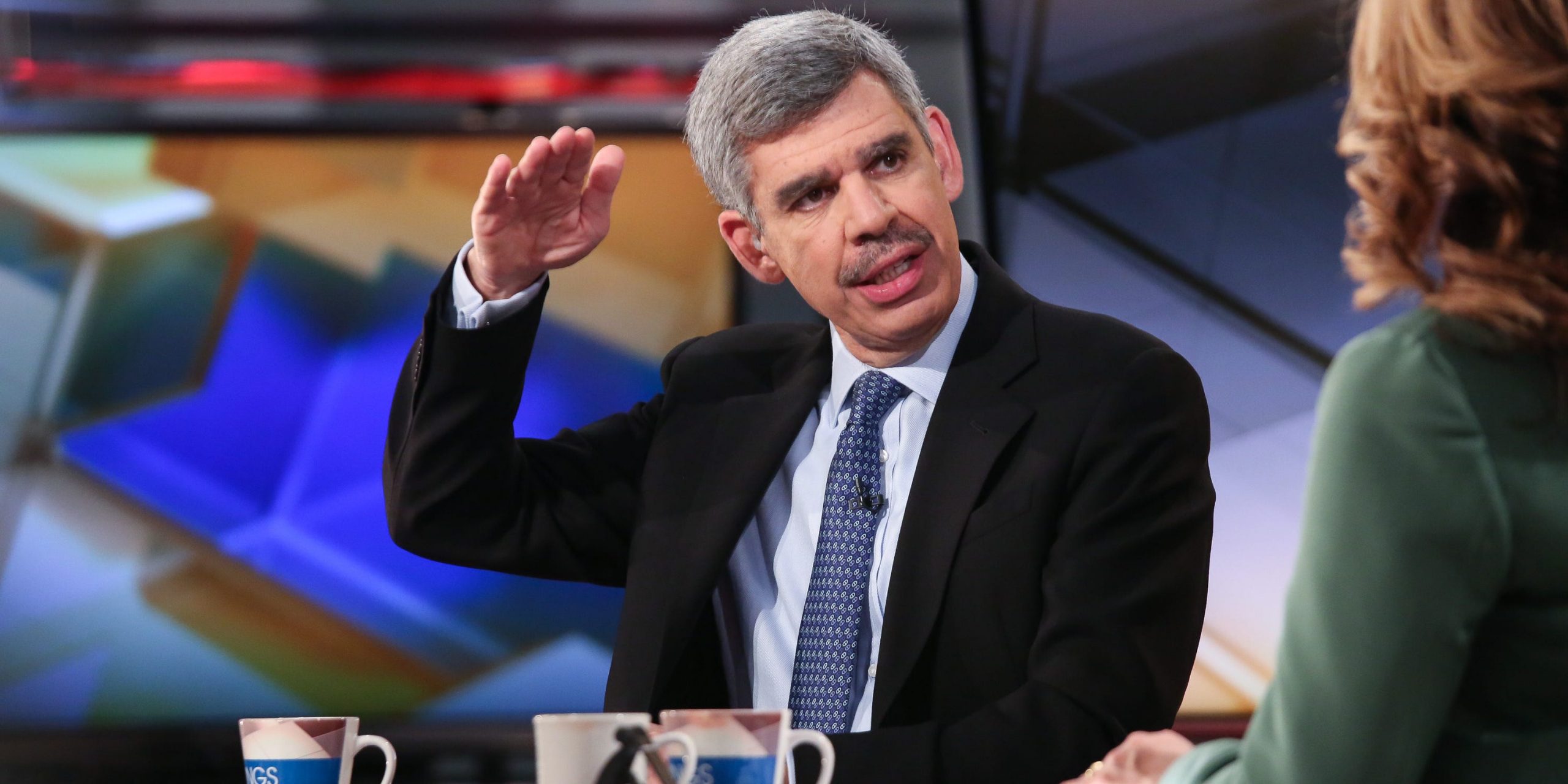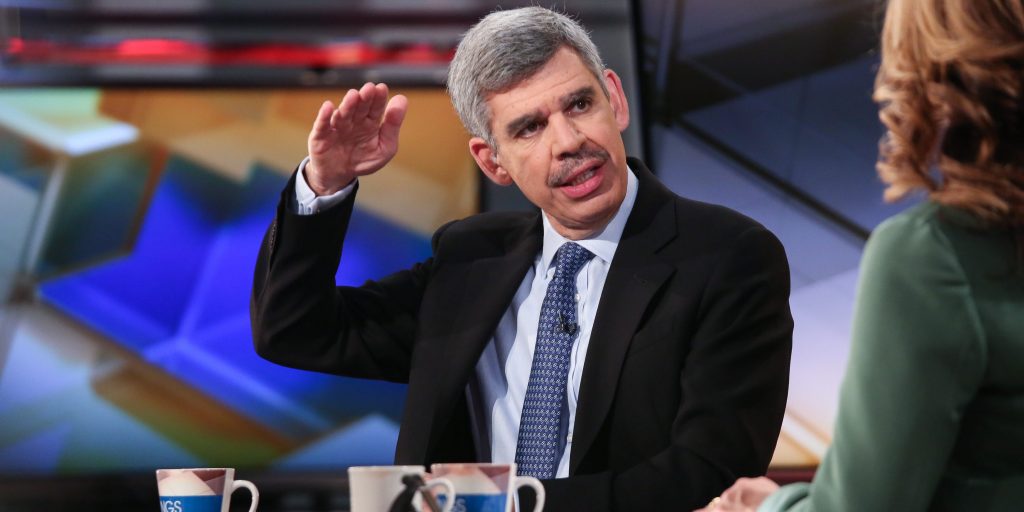
Rob Kim/Getty Images
- Mohamed El-Erian said Jerome Powell should specify the Fed's next steps at Jackson Hole this week.
- "Failure to do so is more risky than the seemingly easier option of avoidance," the economist wrote in a FT op-ed.
- Analysts don't expect Powell to make an announcement on tapering until November.
- Sign up here for our daily newsletter, 10 Things Before the Opening Bell.
Famed economist Mohamed El-Erian wrote in a Financial Times op-ed that the upcoming Jackson Hole event is a valuable opportunity for Federal Reserve chairman Jerome Powell to be bold and regain the policy narrative.
"The longer Powell waits to detail his own thinking, the greater the challenges to maintaining Fed unity, and the bigger risk that the central bank will be forced into a more disorderly slamming of the policy brakes down the road," he wrote.
Central bankers will gather for the virtual Jackson Hole symposium, which is scheduled to take place from August 26 to 28. Powell is set to deliver his highly anticipated speech on August 27 at 10 a.m. ET.
Most traders and investors expect Powell to lay out a potential timeline for when the Fed could begin to unwind its bond-buying program.
"Failure to do so is more risky than the seemingly easier option of avoidance – for the economy, for financial stability, and for the reputation of the world's most powerful central bank," El-Erian said.
July's Fed minutes showed that most participants thought it could be appropriate to start reducing the pace of asset purchases by the end of this year, so long as the economy evolved broadly as expected.
But Deutsche Bank's US economists say Powell's speech on Friday will largely mirror his remarks at the press conference following the July Federal Open Markets Committee meeting. Their view is that a tapering announcement is likely only in early November, and that he'll reiterate the transitory narrative on the concern of inflation.
"The employment and inflation data have led several more Federal Open Market Committee members to come out openly in favor of an earlier tapering down of the Fed's $120 billion of monthly asset purchases," El-Erian said. "In contrast, Powell is yet to evolve from his often-repeated preference for maintaining these massive liquidity injections for longer."
The taper timeline decision doesn't seem to be unanimous. Many members had said a reduction in asset purchases should come in early 2022 instead, arguing that the labor market hadn't healed enough to warrant a pullback. Meanwhile, others felt that tapering shouldn't happen "for some time" due to rising COVID-19 cases and their effect on hiring.
Market participants hope the conference will give them some indication of the Fed's future monetary policy. But analysts at Commerzbank don't expect Powell to comment on this, let alone announce any scaling back of bond purchases.
El-Erian said it would be "unfortunate" if Powell chooses to make an under-the-radar policy announcement.
Read More: How one real-estate investor went from $400,000 in debt to more than $160,000 of revenue a month
